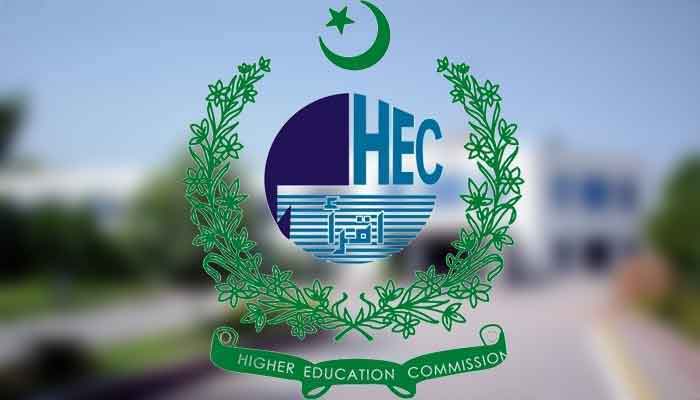
This work is licensed under a Creative Commons Attribution 4.0 International License.
Journal of Contemporary Macroeconomic Issues (JCMI) by Scholastic Center for Education, Knowledge, and Research, Pakistan is licensed under a Creative Commons Attribution 4.0 International License.





